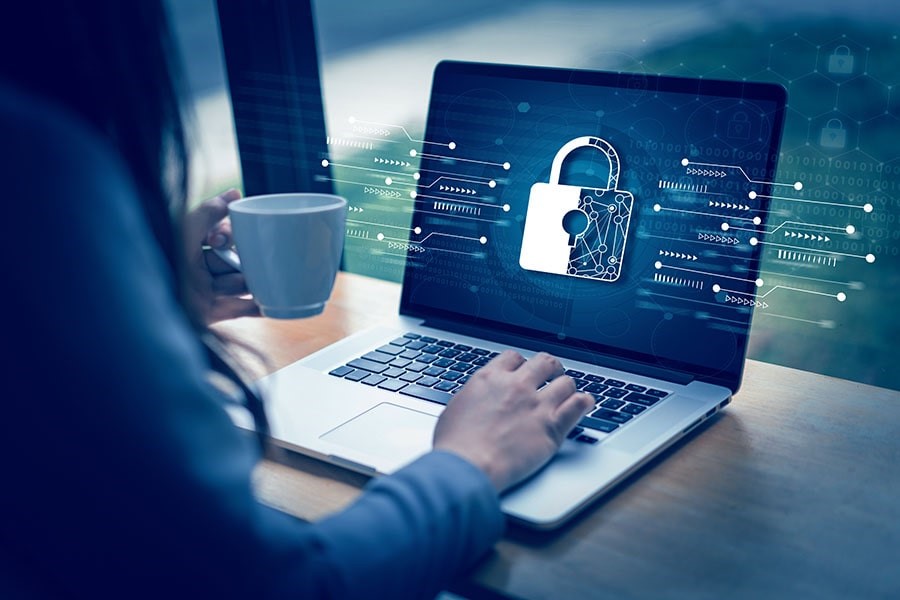These are the basic tips you need to follow to surf the Internet safely. All these recommendations can be summed up in two: act with prudence and use common sense.
Each account should have its own password
This is a complicated (and sometimes unmanageable) task, but it’s the best way to keep all your accounts protected. If you only use two or three passwords for everything, if someone steals your credentials for one account, they will also be able to access several other accounts. It is advisable to use a password manager. It is a service so that you don’t have to remember all your passwords.
Enable two-factor authentication
Two-factor authentication can protect you in case a password is ever stolen. When you activate it, in addition to your password, you will have to enter a code that you will receive by email or SMS. This way, even if someone gets hold of your login credentials, they won’t be able to break into your account because they won’t have the SMS code.
Back up your hard drive
This is rarely done because it’s time-consuming, costs money, and not everyone knows how to do it. But it is highly recommended. A good way to have a backup copy of everything you have on your computer is to buy an external hard drive (one that has more capacity than your computer). There is also the option of cloud-based backup services, which may be easier, but you will have to pay a fee in order not to lose all the backed-up contents.
Don’t be the administrator of your computer
Use a day-to-day operating system account that does not have administrator privileges, so that if someone takes control of your computer they cannot perform operations that compromise you, such as installing unauthorized software.
Incognito mode… not so incognito
Many people confuse incognito mode (private browsing) in browsers with connecting to the internet through a VPN. Incognito mode only guarantees that the websites you visit will not leave a trace, be kept in your history, or host the tracking cookies that many websites use.
Use an antivirus
Surfing the Internet will always be safer if you have an antivirus to protect you. It may consume some of your computer’s resources (less and less intrusive), but it will protect you from most threats, especially the most well-known ones.
If you can, avoid connecting to public wifi networks
When you find yourself in a public place such as a coffee shop, airport, or any other place with free available wifi, be very careful. You may not be aware of it, but there are several wifi eavesdropping dangers, including the risk of a “man in the middle”. This, as the name suggests, is a person who connects to the same wifi as you and stands between your device and the server that gives you access to the internet.
Use a VPN if you connect to a public network
A VPN server is a server located anywhere in the world (it can be your country or a foreign one – your choice) that allows you to access the internet while hiding your identity and location. In other words, all the movements you make on the Internet first pass through this server, which keeps you anonymous. What’s important you can get either free or paid VPN service to see if it works for you.
When you browse through a VPN, your publicly identifiable IP address will not be that of your computer or that given to you by your internet operator. What you do is establish a direct, encrypted connection to the VPN server and when you browse the internet, the sites you visit will not see your actual location but rather a location of the server of your choice. So, if you have signed up for a Moldovan VPN service, the Internet will identify you as if you were browsing from Moldova.
